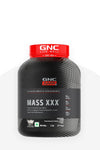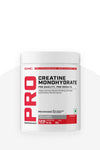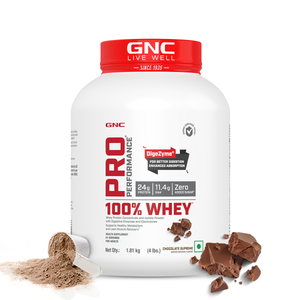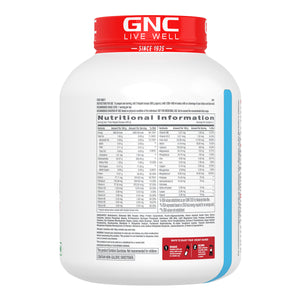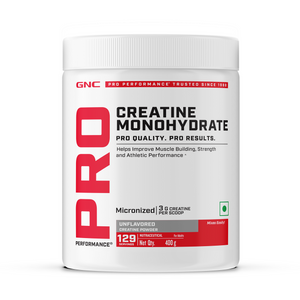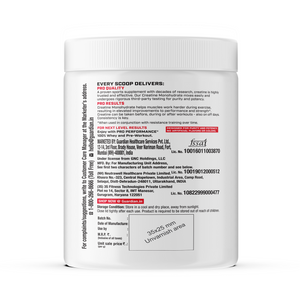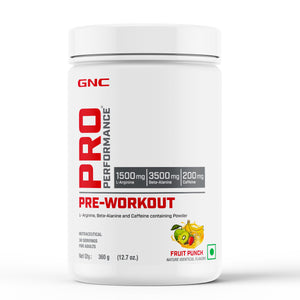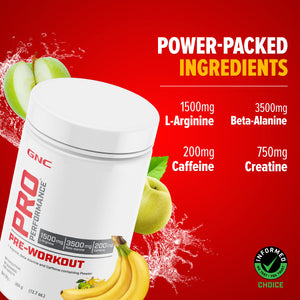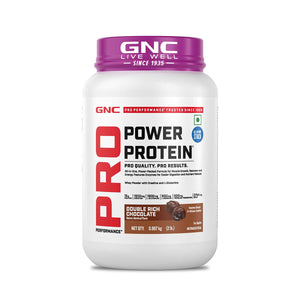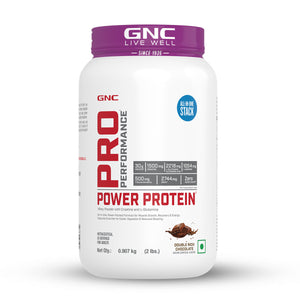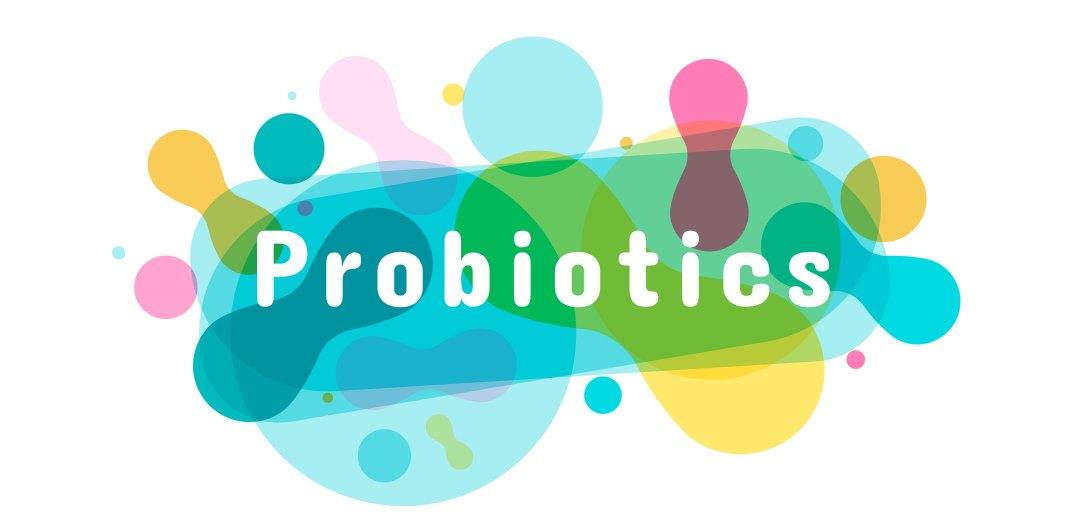
It’s been more than a century now, that Probiotics and Prebiotics were discovered by the scientist. Many studies have clearly stated that probiotic bacteria can contribute to human health. Yet, many times we face a lot of challenges in understanding the importance of probiotics and prebiotics in human health.
While Probiotics and Prebiotics sound very much similar, these supplements are very different and both have different roles in our digestive system.
In 2002, an Expert Panel on behalf of FAO and WHO determined the benefits of probiotics as “live microorganism that, when administered in adequate amounts, confer a health benefit on the host.” They are more considered as “Good” or “Friendly” Bacteria.

Food Sources of Probiotics would include 1. Curd/Yoghurt, Buttermilk, Fermented Products or Probiotic Supplements.
Prebiotics, on the other hand, is defined “as the substrate that is selectively utilized by host microorganisms or probiotics conferring a health benefit” It is also known as “Soluble Fibre”.
Common food sources of prebiotics include non-digestible part of foods like bananas, onions and garlic, Jerusalem artichoke, the skin of apples, chicory root, beans, and many others.
Common Differences between Probiotics and Prebiotics
| Characteristics | Probiotics | Prebiotics |
| Definition | Live Organisms | Non-Digestible Carbohydrates |
| Function | Confers a health benefit on the host | Stimulates the growth/activity of bacteria already in the intestine. |
| Food Sources | Fermented Products | Starchy/Insoluble Fibre |
| Health Impact | Intestinal Health, heart, immune, allergies, skin conditions, fat metabolism, urinary & vaginal health. | Intestinal health, absorption of mineral, heart health, immune health. |
| Stability | Poor | Good |
| Dosing | In Colony Forming Units (CFUs) | In Grams |
Hence, it is clear that probiotics and prebiotics are two different terms with different functions. Being different, they are yet connected because prebiotics is nutrients that support the growth of probiotics.
For optimal health, it is important to take both prebiotics and probiotics daily in your diet. This way, prebiotics will provide enough nourishment to probiotics to help them function efficiently.
GNC Probiotic Complex 10 Billion CFU provides a mixture of probiotics and prebiotics in each serving.
Multi strains of Probiotics are added to provide the complete benefit and the prebiotic added which is Fructo-oligosaccharides or FOS. FOS is a type of soluble fiber commonly used in the supplements because of its stability benefit.
FOS, or fructooligosaccharides, is a soluble fiber extracted from fruits and vegetables. Fiber increases feelings of fullness and satiety so the body feels satisfied with less food and can wait longer between meals. Because it has no caloric value and it has a sweet flavor, FOS is often an additive, helping to add bulk to products.
FOS is also considered prebiotic, feeding good bacteria in the gut. FOS helps acidophilus, a probiotic, to flourish in the intestines and may help maintain a healthy balance of intestinal flora.
This supplement if taken daily may have combined benefits of both like:
- Probiotics may improve your natural balance of the gut.
- Both Pre and Probiotics may help to improve intestinal health like constipation, diarrhea, IBD, etc.
- Probiotics will also help improve your immune system.
- Whereas Prebiotics can improve the absorption of calcium and magnesium.
- Overall, both in one product may improve your heart and gut health.



